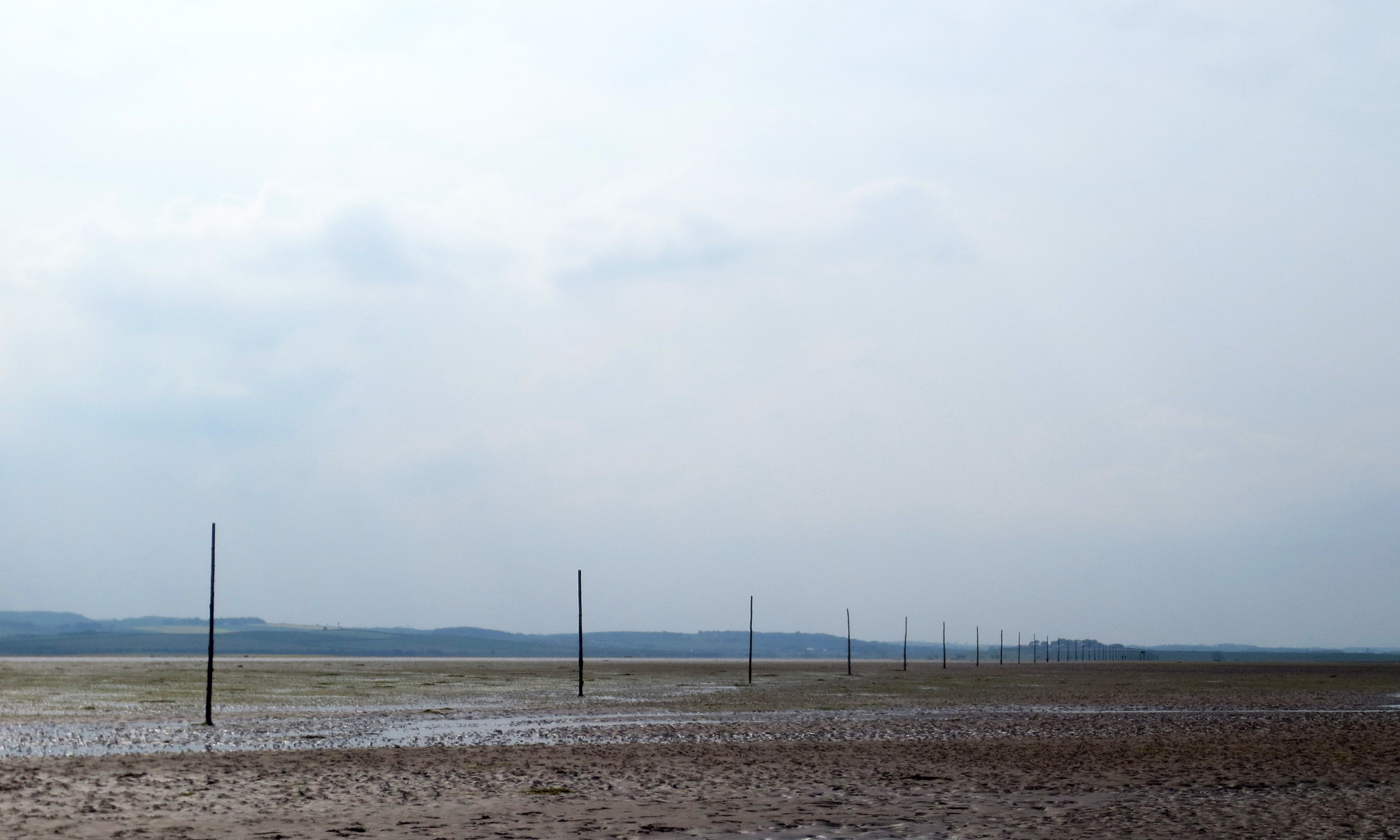In Sunday’s Lectionary we read about Jesus and the Canaanite woman. ISTR that ‘Canaanite’ is an intentional anachronism (like it would be to call Sandy Toksvig a ‘Viking’), maybe to remind us about Jesus’ call to the historic ‘house of Israel’. Of course there’s issues here – was Jesus a racist who was persuaded out of his racism – what does it mean for a nation to be called by God – for instance does it excuse the genocide of pre-Columban Americans? It’s hard to pick the bones out of all that stuff at this distance of time and space.
But there’s something more necessary and more simple to be taken home from this, something which is present in a lot of Jesus’ encounters – and that is about faith. Faith is very close to need, or even neediness. Faith that is used by one generation as a tool to impose its will on the next generation has lost its essential need, as it had for the Pharisees. Some churches are full of people whose faith is like this, and when you look into the content of it, it’s about little more than keeping your nose clean and liking Classic FM.
But true faith, I believe, starts from the acknowledgement that I need God, and will always need God, and need God as desperately and embarrassingly as one might need a long-lost lover. Not only do I need God, but my community and my world needs God. We need God.
Whovians will be able to correct me on this, but I think it was Angel Bob who said ‘We have no need of comfy chairs.’ But God is not a comfy chair. It is said that Laplace said of God, “I had no need of that hypothesis” – and indeed we don’t need God to explain the nature of the universe. It’s not for explaining nature that I need God, but for God’s sheer Godness.
